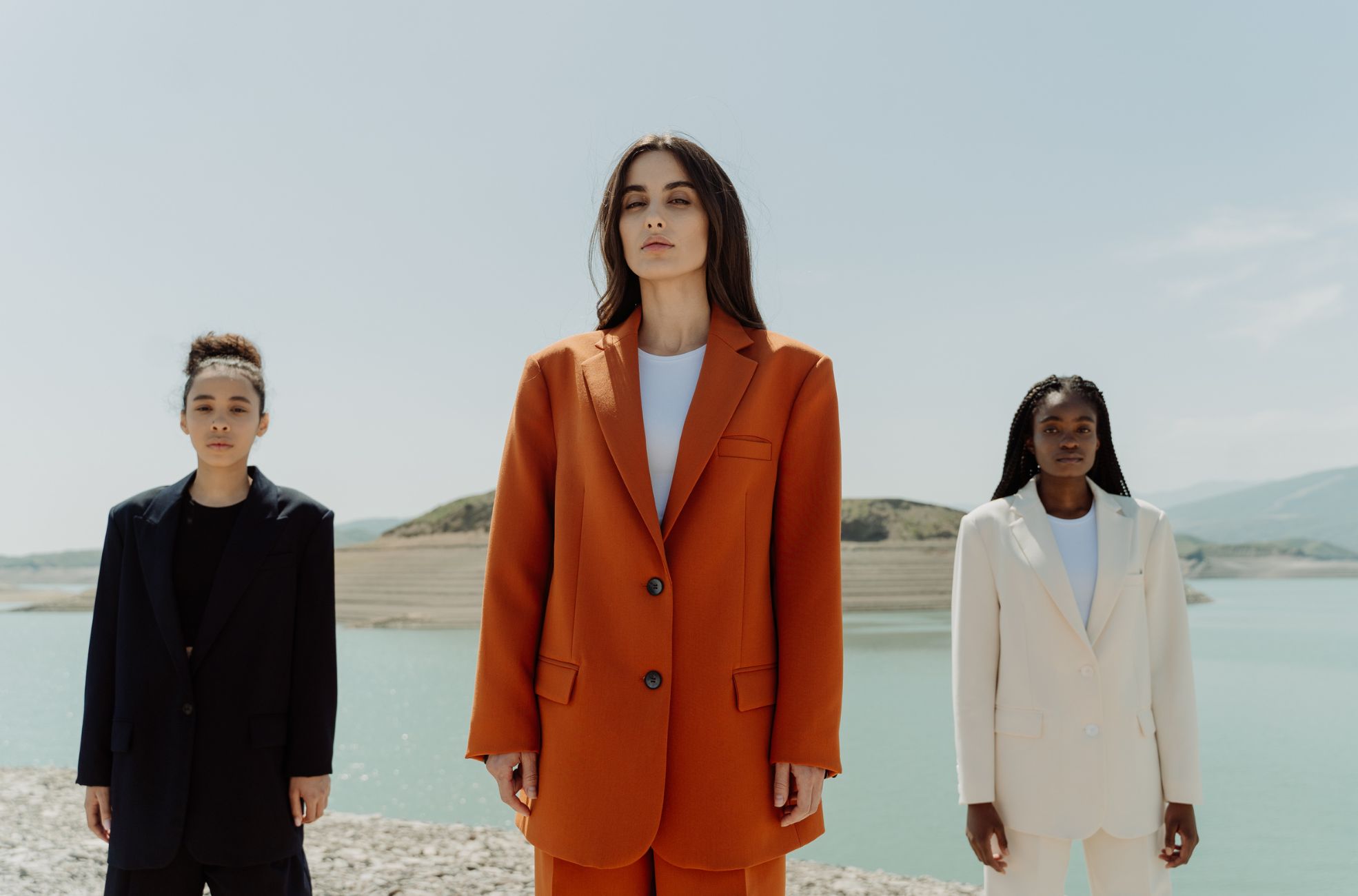Dubai’s dynamic and luxurious lifestyle presents a unique opportunity for budding entrepreneurs wondering how to start a fashion business in Dubai. With its blend of rich cultural heritage and a penchant for modern, sophisticated styles, the city offers a fertile ground for fashion ventures. As a hub that attracts fashion-forward individuals and trendsetters from across the globe, Dubai’s market demands a blend of creativity, cultural sensitivity, and strategic planning.
Breaking into this vibrant fashion scene requires understanding the online clothing business’s local consumer behaviour, meticulous planning, and adherence to the city’s business regulations. We’re here to help aspiring fashion business owners, covering everything from market analysis and financial planning to legal considerations and marketing strategies. It provides the tools and insights needed to launch a successful fashion enterprise in the heart of the UAE.
The Fashion Industry in Dubai
Trends and Consumer Behaviour
Dubai, a bustling cosmopolitan city known for its luxurious lifestyle and diverse population, has a fashion scene that mirrors its status as a global tourist destination. You’ll find a unique blend of modest Islamic attire and modern streetwear catering to the city’s multicultural residents and visitors. The climate heavily influences fashion choices, with a preference for breathable, loose-fitting garments to combat the heat and humidity.
Sunglasses have become an essential accessory due to the intense sunlight. The city’s vibrant nightlife and status as a celebrity hotspot influence fashion trends, with an emphasis on glamour and sophistication. You’ll see fashion choices ranging from casual wear like skirts and ripped jeans to more formal attire, all worn with a sense of occasion and cultural awareness.
Bold colours and accessories are popular, adding flair to the overall look. However, makeup tends to be lighter due to the weather conditions.
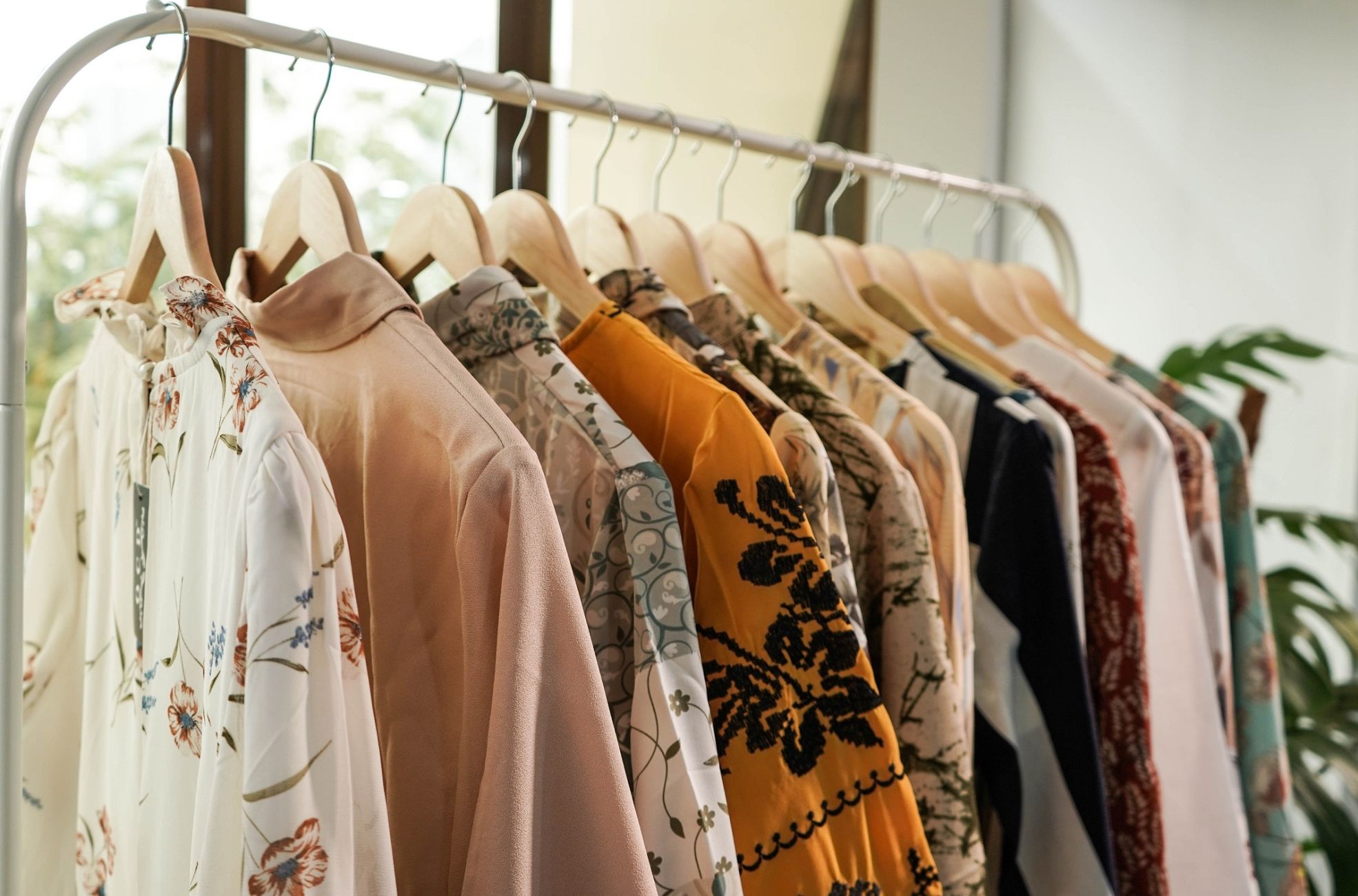
Key Players and Competitors Analysis
The United Arab Emirates (UAE) has experienced a surge in internet usage, boasting a remarkable 99% penetration rate as of 2022. This digital landscape has significantly impacted the fashion retail market, which is valued at $4.5 billion at the end of 2022 and is expected to grow steadily.
The market is driven by consumer preferences, technological advancements, and the adoption of omni-commerce strategies, which blend various shopping channels like physical stores, online platforms, and social media to engage customers.
Fashion retailers in the UAE are increasingly focusing on mobile-optimised websites and apps to cater to the growing number of consumers using their smartphones to do their shopping. Social media platforms, especially Instagram and Facebook, have become influential in shaping the fashion retail landscape. With e-commerce revenue in the UAE projected to hit $12 billion by 2024, the online fashion retail market is becoming increasingly significant.
The UAE’s diverse population, including a large expatriate community, presents niche market opportunities for fashion retailers. High consumer expectations around product quality, customer service, and the overall retail experience necessitate continuous innovation by retailers. The online share of the fashion retail market is currently at 8.2% and is anticipated to more than double by 2027.
Importance of Cultural Sensitivity
When you’re starting a fashion or online clothing business here in Dubai, it’s important to understand and respect the local culture. While tourists aren’t required to wear traditional clothing such as the hijab, except in places of worship, incorporating elements of local dress can be a sign of cultural sensitivity and can also provide comfort in the hot climate. The fashion industry in Dubai thrives on a balance between respecting cultural norms and embracing contemporary styles, making it essential for new entrants to navigate this aspect carefully.
The UAE’s fashion e-commerce market, which includes apparel, footwear, and bags & accessories, is expected to reach $1.8 billion by 2023. Women’s apparel is the largest segment, with a market volume of $5.09 billion in 2023.
The majority of sales are currently non-luxury items, but there’s a growing demand for luxury fashion brands. Knowing these market dynamics and consumer behaviours, you’re better positioned to start a fashion business successfully in Dubai.
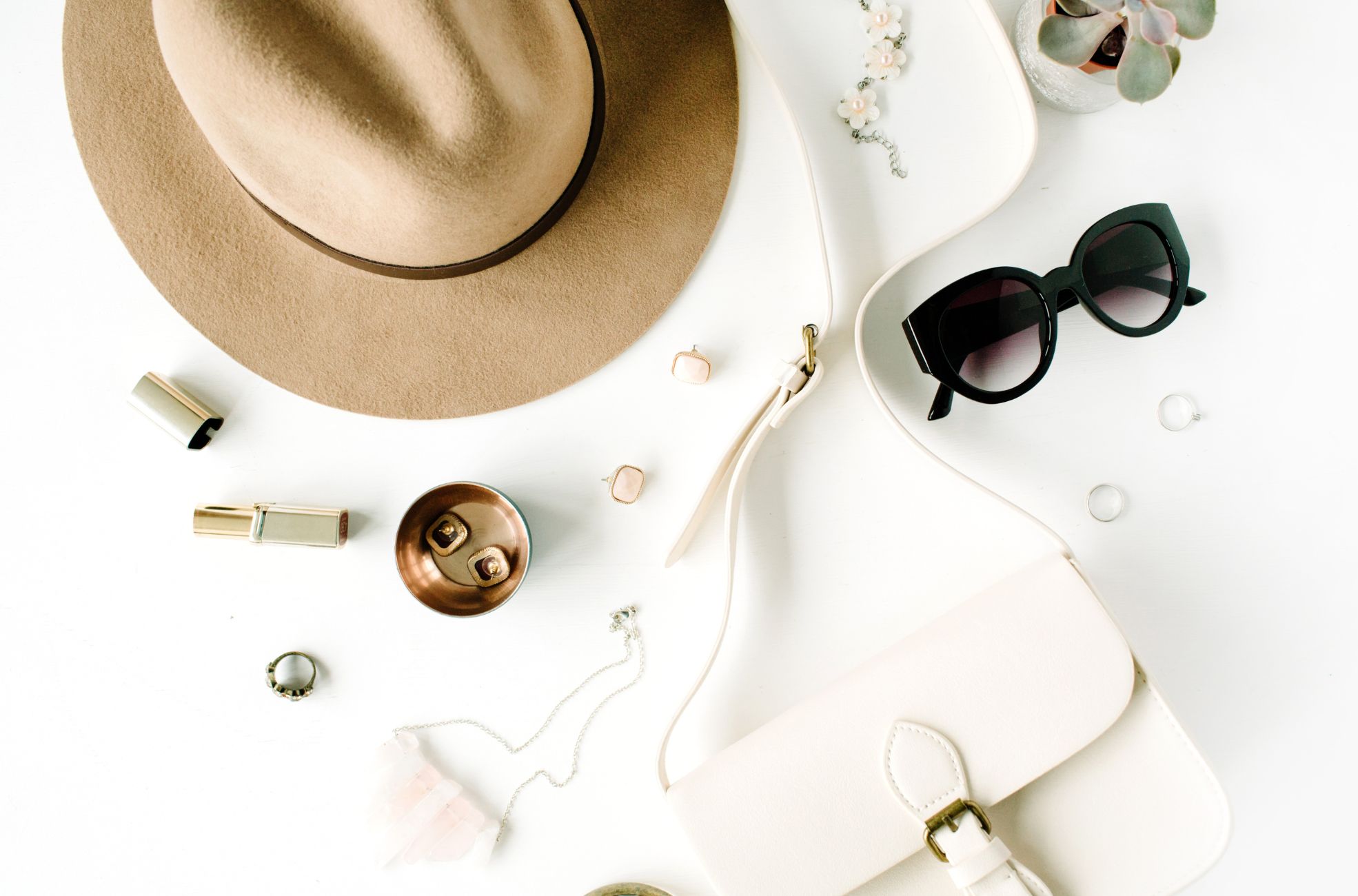
Creating a Fashion Business Plan
Defining Your Fashion Niche
Identifying a specific niche is crucial for a new fashion venture in Dubai. This could involve focusing on a particular style, demographic, price range, or quality level. A niche allows for less competition and a greater likelihood of connecting with customers who seek your unique offerings. This specificity can justify premium pricing and foster brand loyalty. Additionally, marketing costs may be reduced as the target audience is more defined and easier to engage.
Startups can distinguish themselves in the competitive fashion market by carving out a niche. Observing competitors’ presence and business activities can reveal the demand for your product concept. Participating in trade fairs and monitoring media can yield insights into industry trends and consumer preferences. Reflecting on personal interests, skills, and values can guide the alignment of the business with your core principles.
Market Research and Target Demographics
Understanding the market and target demographic is essential for a fashion startup. The region’s fashion market is poised for growth, with a CAGR of about 7% from 2023 to 2027. High-income individuals in the UAE and Saudi Arabia are notable spenders on fashion, with a preference for well-known brands. Yet, a significant portion of their fashion spending occurs abroad, presenting an opportunity for local businesses to retain this spending.
Fashion preferences in the Middle East are changing, with societal shifts leading to more women in the workforce and a growing interest in shoes, beauty products, and everyday clothing. To succeed, new businesses must cater to the tastes of a sophisticated and well-travelled clientele. Younger consumers, in particular, expect brands to offer a highly personalised experience.
Financial Planning and Budgeting
A thorough financial plan is vital, encompassing budgeting for setup costs, operations, production, marketing, staffing, and other expenses. It’s important to ensure sufficient capital is available to sustain the company and business activities, considering the specific requirements of the Dubai market, such as localisation and potentially higher marketing expenses, to appeal to a luxury-focused demographic.
Projecting Sales and Creating Revenue Models
Sales forecasts should be grounded in market research and knowledge of local spending habits. Strategies should aim to redirect the international spending of affluent consumers back to the local market. Revenue models need to reflect the various income streams, including direct retail, e-commerce, and wholesale. Setting attainable sales targets and developing a revenue model that aligns with the business’s market positioning is crucial.
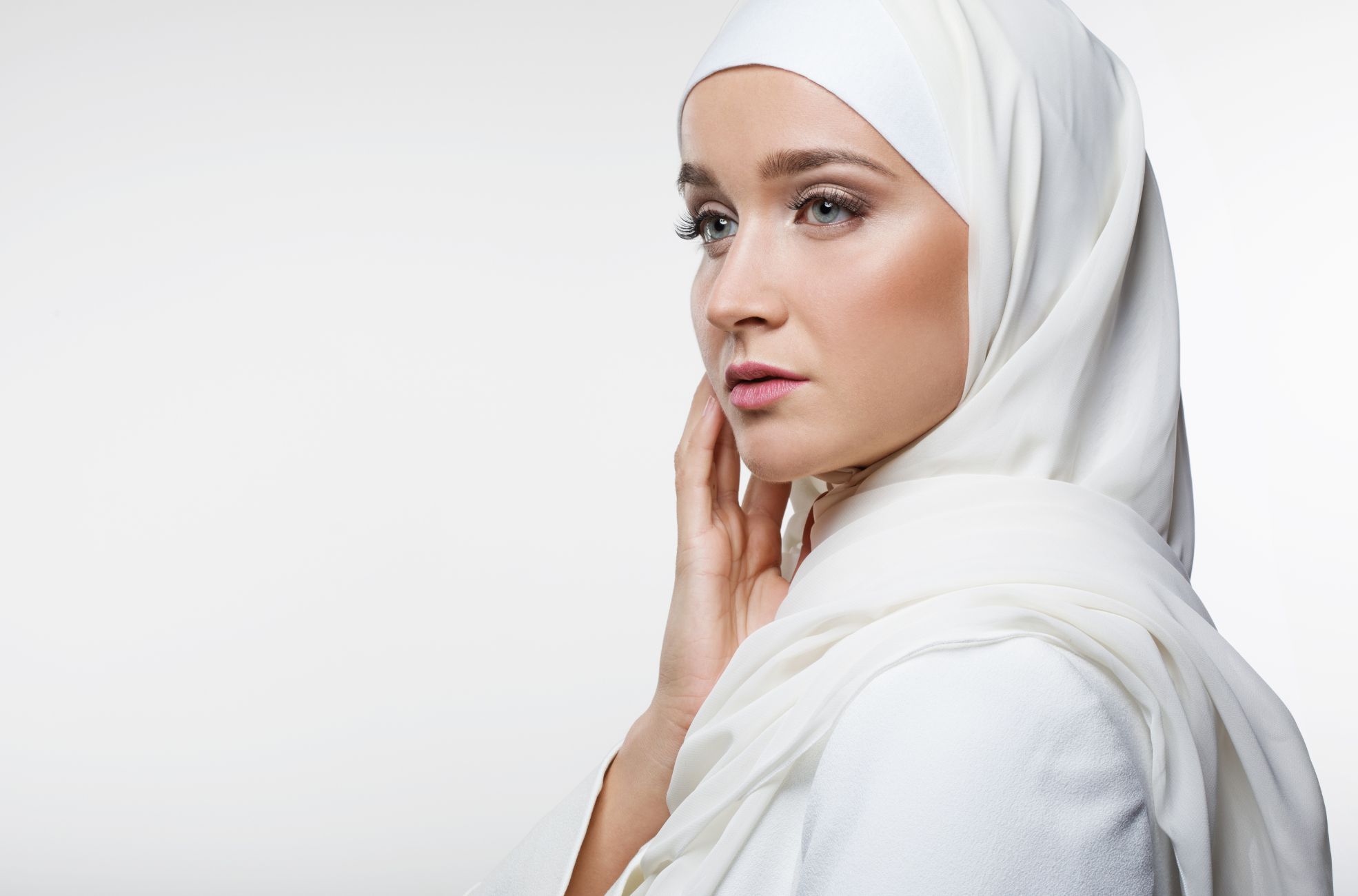
Legal Framework for Fashion Startups
Choosing the Right Business Structure
Selecting an appropriate business structure is a pivotal step for fashion entrepreneurs in Dubai. An LLC can be a suitable option, providing a balance between operational flexibility and protection against personal liability. Entrepreneurs must weigh the advantages and drawbacks of establishing their venture in a Mainland or Free Zone company, as each offers distinct rules regarding ownership, trade, and permitted activities. This decision will significantly influence your operational capabilities, including trading within the UAE and on an international scale.
Licensing and Registration Procedures
Securing a trade licence is compulsory for fashion startups in Dubai. Entrepreneurs are required to submit personal identification documents and select a trade name that adheres to the UAE’s naming conventions. Utilising business setup services can facilitate the registration licence application process with the UAE’s Registry Office.
Following trade name approval, an e-commerce licence application must be completed, encompassing a business plan and details about shareholders and directors. With the licence in hand, entrepreneurs can proceed with visa applications and the establishment of a corporate bank account. Initial costs for an online business licence and trading licence range from $5,445-8,170. Additional funds should be allocated for office space, marketing, and other professional services.
Securing Trademarks and Intellectual Property
Safeguarding your brand’s identity and creations is essential in the competitive fashion industry. Trademark registration in the UAE is a defensive measure against brand imitation. Engaging a trademark agent can ensure comprehensive protection.
The Nice Classification system assists in determining the appropriate classes for trademark registration, such as Class 14 for jewellery or Class 25 for clothing and footwear. For fashion innovators, securing patents is crucial, with design patents offering 14 years of protection for product aesthetics and utility patents providing 20 years for their functional features.
Understanding Employment Laws in Dubai
Familiarity with Dubai’s employment regulations is essential for maintaining a lawful and harmonious workplace. The updated UAE labour law introduces benefits such as paternity and maternity leave, academic leave, and bereavement time. It also offers various contract types, including part-time and temporary, allowing for multiple employer arrangements.
The probation period for new employees can extend up to six months, with a mandatory 14-day notice period for termination within this timeframe. The legislation aims to set a minimum wage for private sector employees and enforces anti-discrimination and anti-harassment policies. Notably, the law mandates equal remuneration for women performing the same roles as men.
Employers should be aware that they cannot compel employees to exit the country post-contract, and employees are exempt from court fees for legal disputes. These provisions contribute to a just and regulated working environment in the fashion sector.
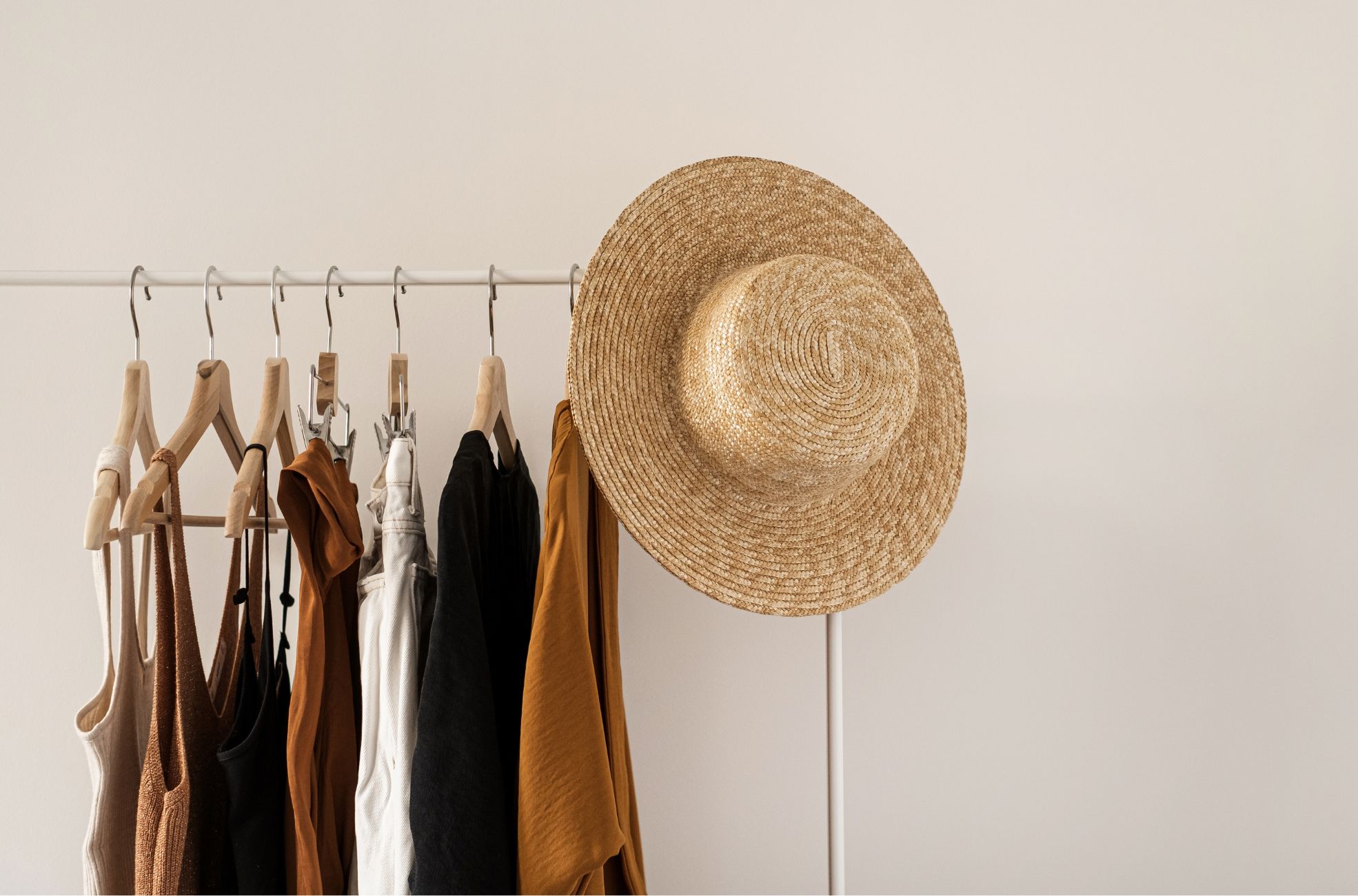
Establishing Your Brand and Product Line
Brand Identity Development
Establishing a distinct brand identity is crucial for differentiation in Dubai’s competitive fashion market. This identity encompasses the business’s personality, ethos, and distinctive attributes. It’s essential for engaging customers and distinguishing your brand from others. It encompasses a variety of elements, including colour schemes, typography, logos, and visual storytelling.
To cultivate a robust brand identity, it’s necessary to undertake a strategic process. This involves articulating your brand’s mission and values, performing a competitor analysis, identifying your target audience, and developing a unique product line. The visual components of your brand, such as the logo and colour palette, should be thoughtfully designed to connect with your intended demographic. For instance, if your brand is aimed at the luxury market, its visual representation should attract an audience with a penchant for high-end products.
Consistency is fundamental to establishing a strong brand identity. It ensures a lasting impression and a uniform image across all customer interactions. This uniformity aids in creating an emotional bond with your brand, building trust, and reinforcing credibility. A Brand Identity Style Guide can serve as an exhaustive manual, outlining everything from your brand narrative to the application of visual elements across different formats.
Designing Your First Collection
Introducing your inaugural collection is a pivotal moment for your brand, as it establishes the foundation for your brand’s image and future collections. It’s crucial to present your fashion items in a manner that captivates your target market. Conducting photoshoots is vital in this phase, presenting your collection effectively and communicating your brand’s style.
Sourcing Materials and Manufacturers
Dubai’s evolution as a fashion and textile centre provides numerous options for procuring premium materials and manufacturers. With a plethora of garment manufacturers, you’re presented with a broad spectrum of services from conceptualisation to production. Companies offer a variety of services, such as printing, labelling, and embroidery. In contrast, others specialise in areas like uniforms and traditional attire.
In selecting a manufacturer, assessing their capability to deliver the quality and style your brand requires is important. Confirming their capacity to fulfil your production needs and uphold your brand’s standards is also essential.
Setting Up Quality Control Measures
Implementing Quality Control (QC) throughout production is crucial to ensure that the final product adheres to the desired standards. This includes visual inspections and the application of manual or automated testing equipment. QC is vital for maintaining uniformity and quality, minimising material waste, and enhancing efficiency.
In the apparel sector, standard tests involve physical and fabric assessments and compliance verifications. Effective quality management can reduce production costs and material waste. In contrast, stringent garment quality standards guarantee that products meet the minimum required level of quality. In Dubai’s fashion industry, where the competition is fierce and consumer expectations are high, stringent QC measures are indispensable for preserving your brand’s reputation and ensuring customer satisfaction.
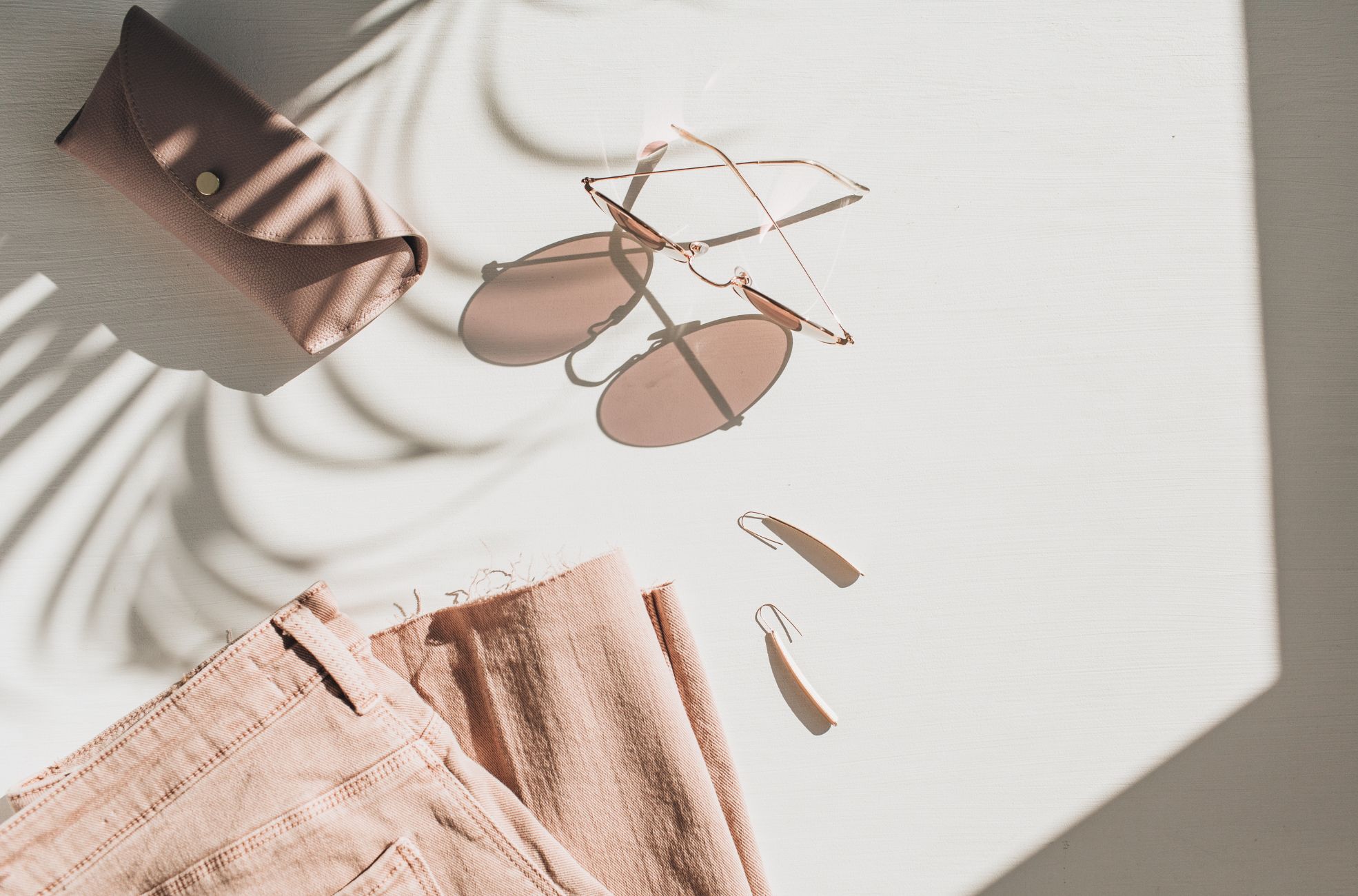
Marketing and Sales Strategies
In the dynamic world of fashion, where trends are as volatile as the stock market, robust marketing and sales strategies are key. With the fashion industry’s sales figures projected to hit $494.89 billion in 2023, it’s crucial for brands to carve out their niche and capture the attention of consumers.
Building an Online Presence
A strong online presence is the cornerstone of any modern marketing strategy. For fashion brands, this means creating a website that captures the essence of the brand and offers a seamless customer experience. You’ll want a visually appealing site that resonates with your target audience, but that’s just the start.
Your site must be optimised for search engines to ensure visibility. It should also be mobile-friendly, considering the growing number of users who shop on the go. A blog can act as a platform to share insights and promote new collections, further establishing your brand’s voice and expertise.
Engaging with Customers on Social Media
Social media is the runway where brands can strut their latest offerings and engage directly with their audience. Platforms like Instagram and Pinterest are particularly suited to the visual nature of fashion, allowing brands to showcase their style through captivating imagery.
But it’s not just about posting pictures; it’s about creating a dialogue. Collaborating with influencers, organising giveaways, and running contests can foster a community around your brand. Re-marketing to those who have previously shown interest can also be an effective strategy to keep your brand at the forefront of consumers’ minds.
Navigating E-commerce and Retail Opportunities
The shift in customer purchasing behaviour towards online platforms has made e-commerce an indispensable channel for fashion brands. The UAE’s fashion e-commerce market alone is expected to reach $1,801.9 million by 2023. Brands must navigate this space by offering an enjoyable online shopping experience and leveraging SEO and personalised marketing to turn visitors into loyal customers.
Paid advertisements and the strategic timing of digital marketing campaigns can further enhance sales and brand recognition.
Organizing Fashion Events and Participating in Shows
Despite the rise of digital, the allure of live fashion events and shows remains strong. Participating in or organising such events can catapult a brand into the limelight. Companies like Diva Events in Dubai show how efficient event management and dazzling presentation can make a fashion event a resounding success.
International Fashion Week Dubai is another platform where fashion brands can showcase their collections to a global audience. This exposure can lead to lucrative partnerships and increased brand visibility.
Embarking on Your Fashion Venture
With the tapestry of Dubai’s fashion landscape stretched out before you, the moment has arrived to thread your vision into the vibrant mosaic of this desert metropolis. As you launch your fashion endeavour, remember that the essence of success lies in the intricate weave of thorough planning, cultural finesse, and a pulsating brand identity.
Dubai’s fashion scene is a canvas poised for your brushstrokes, and your distinct narrative has the potential to captivate a discerning audience. Through strategic market positioning, unyielding quality control, and digital savviness, your business is set to thrive amidst the city’s glittering skyline.
Step forth confidently, for your venture is not just about creating clothes; it’s about tailoring dreams in a city where every thread counts. Welcome to the illustrious runway of Dubai’s fashion industry, where your brand’s journey begins.
